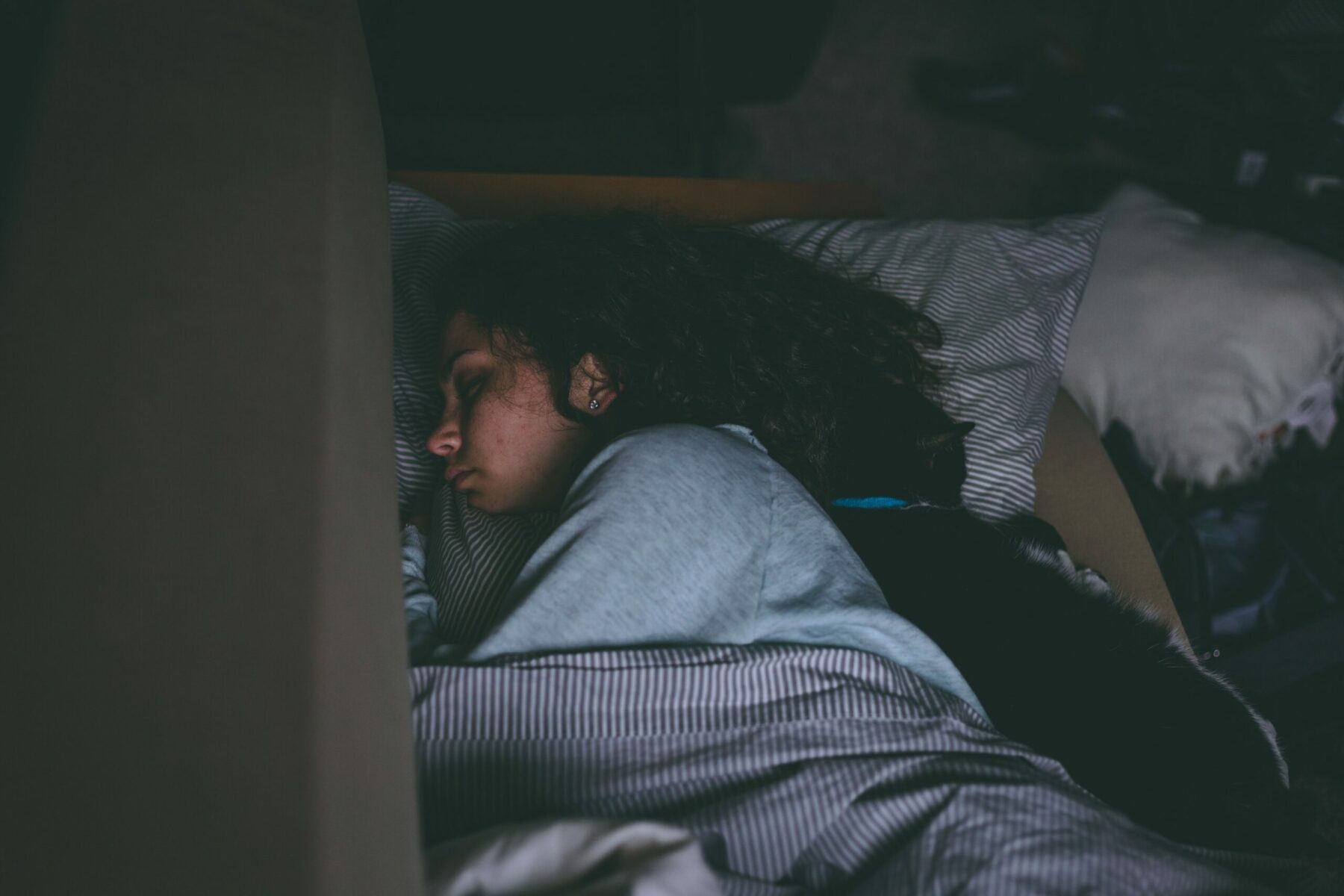Why Good Sleep Hygiene Is Key to Your Physical and Mental Health

According to the American Sleep Association, up to 70 million adults in the U.S. suffer from a sleep disorder. Some of the most common disorders are snoring, sleep apnea and insomnia. But even without a diagnosed disorder, close to 40% of adults report short sleep duration.
The consequences of lack of sleep can range from mild to severe. They include memory issues, trouble with concentration, daytime drowsiness, mood changes, weakened immune system, high blood pressure, weight gain and the risk of developing a heart condition.
That’s why proper sleep hygiene is imperative. Sleep hygiene is a term that encompasses certain sleep behaviors and habits we practice that improve our ability to fall asleep and stay asleep during the night. Let’s discuss its importance and how to achieve it.
The Consequences of Sleep Deprivation
Quality sleep is essential to both our physical and mental well-being.
We’ve already mentioned just a few ways in which lack of sleep can affect our health. The “mildest” symptom is a change in cognitive function. When you don’t get enough sleep, you feel drowsy and may find it difficult to make decisions or understand certain tasks. Lack of sleep also causes changes in appearance, leading to premature aging and tired skin.
If you are suffering from depression or anxiety, sleep deprivation can worsen those symptoms. Physically, low sleep quality can worsen various health conditions and cause different problems, from muscle aches to high blood pressure.
Why Do We Need Sleep Hygiene?
When we sleep, our body and mind recharge so that when we wake up, we can feel refreshed and alert. Without sleep, the brain cannot function properly. On average, adults should get 7 to 9 hours of quality, uninterrupted sleep. Sleep hygiene is essential for achieving that amount of rest, especially if you have the problem of waking up in the middle of the night.
Tips for Achieving Good Sleep Hygiene

We’ve mentioned that sleep hygiene is a collection of habits and behaviors, which can be learned and adopted. Here are some things you can do to improve your physical and mental health through better sleep hygiene.
Create a Sleep-Inducing Environment
Your bedroom should be a zen sanctuary. The most important element of a sleep-friendly bedroom is a breathable and supportive mattress, but there are other factors to consider. The room you sleep in should evoke serenity, so you’ll want to paint it in neutral, soothing colors and make sure it is free of clutter. When bedtime comes, the room should be free of any lights, including television, smartphone and computer screen lights. The ideal room temperature is between 60 and 67 degrees.
Establish a Relaxing Bedtime Routine
You might have heard the saying, “Never go to bed angry.” This saying was based on the experience of many before us who have realized that it’s nearly impossible to have a good night’s sleep when you’re not relaxed. So, establish a bedtime routine starting about 30 to 60 minutes before going to sleep. It can include reading a book, doing gentle stretches, taking a warm bath, meditating or listening to music.
Be Active
Half an hour of aerobic exercise per day may help you fall and stay asleep throughout the night. Additionally, you can exercise outside to increase the benefits, because exposure to natural light is essential for regulating the sleep cycle. Just schedule exercising at least two hours before your bedtime.
Mind Your Diet
A sleep-friendly diet entails certain dos and don’ts. First, to sleep well, you should limit your caffeine intake and ditch your afternoon cup of coffee. Alcohol also harms sleep quality. Avoid highly-processed and fried foods, and base your diet on nutritious treasures such as almonds, turkey, chamomile tea, fatty fish, walnuts, etc.

Create a Sleep Schedule and Stick to It
A regular sleep schedule will help you regulate your circadian rhythm. If you don’t have the habit of going to bed and getting up at the same time, try to do it for several weeks until your body adapts to this pattern.
Build a Mental Link between Your Bed and Sleeping
To associate your bed with sleeping, try not to use your bedroom for catching up on work, talking on the telephone, etc. Your bedroom is a place for rest and enjoyment.
Final Word
Proper sleep hygiene will have a direct positive impact on your sleep quality. In turn, getting better sleep every night will definitely improve your physical and mental health. So keep these tips in mind and implement them one by one, and you’ll be sure to wake up refreshed and ready to take on each new day.
About the Author

Sarah is a life-enjoyer, positivity-seeker and curiosity-enthusiast. She is passionate about an eco-friendly lifestyle and adores her cats. She is an avid reader who loves to travel when time allows.






